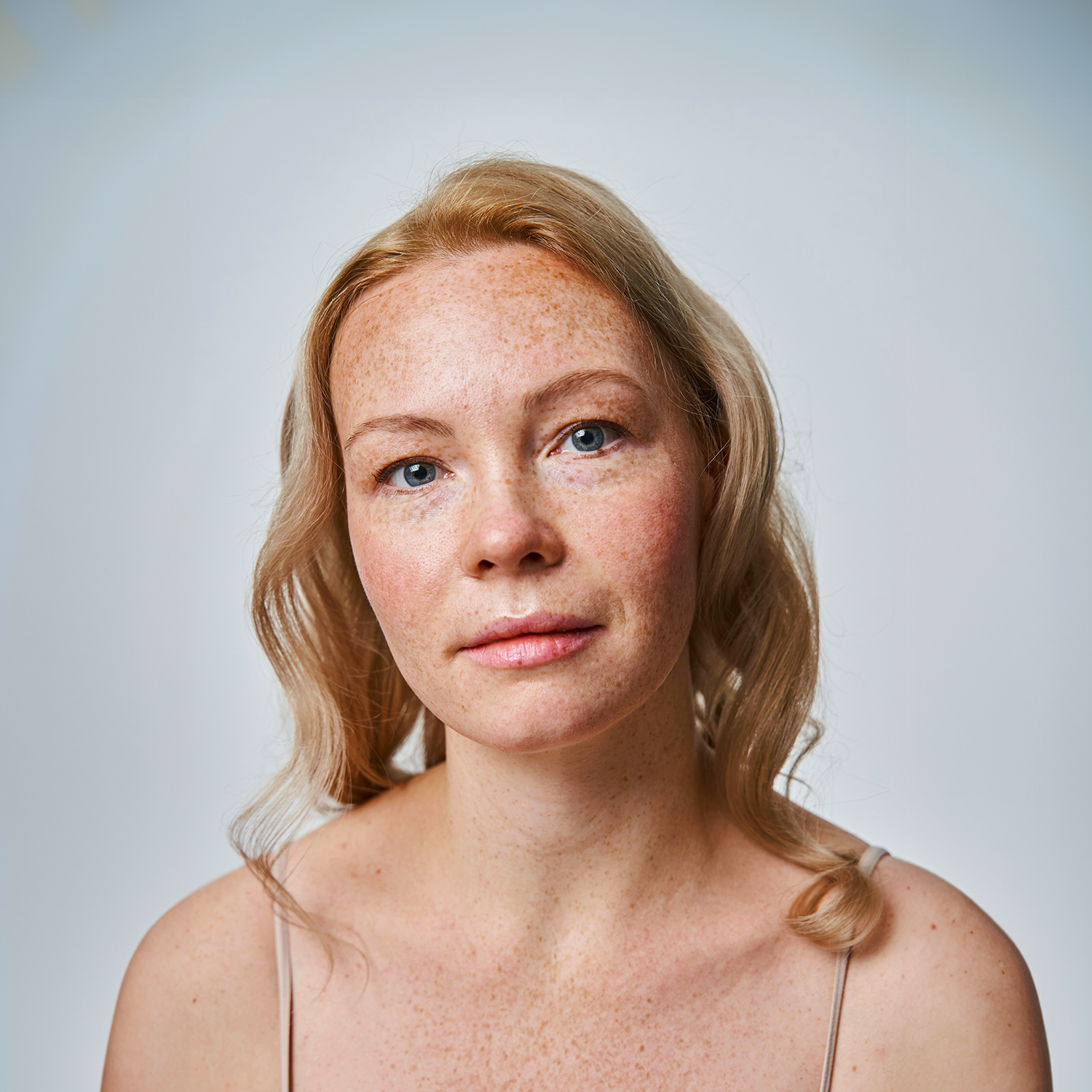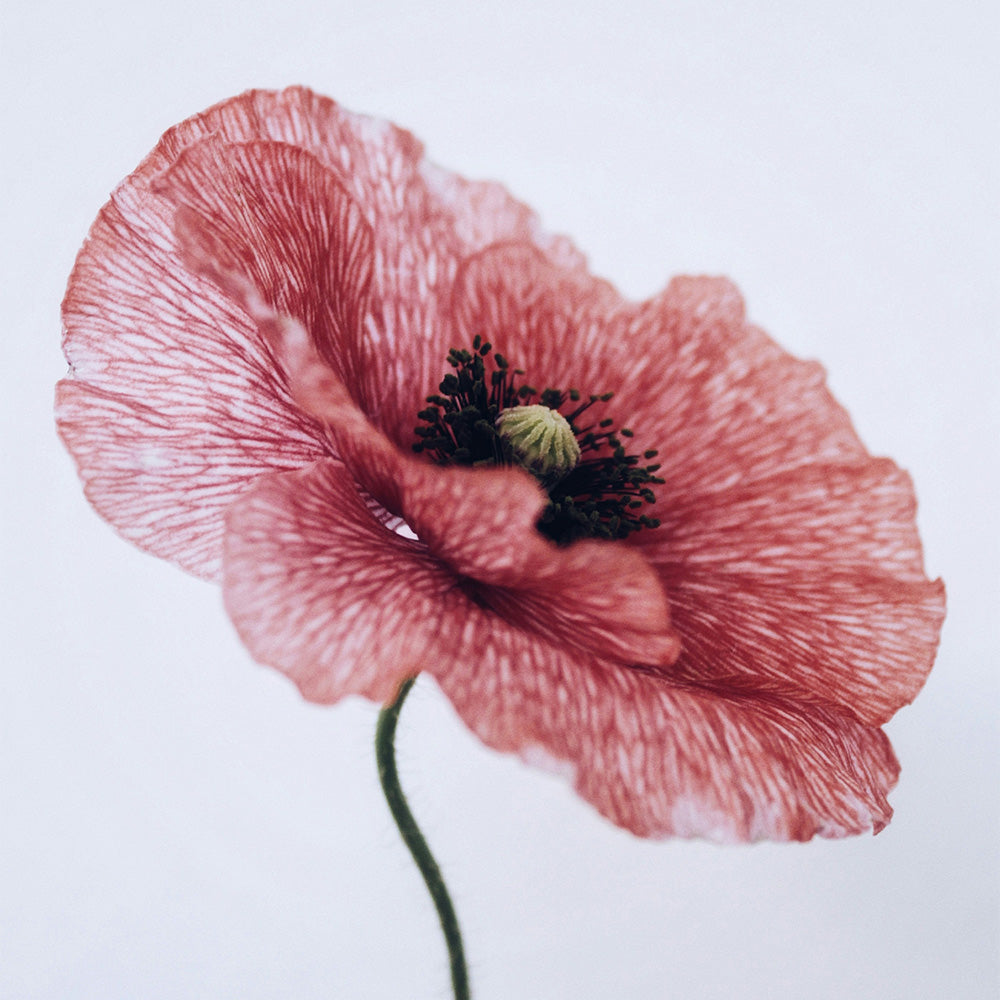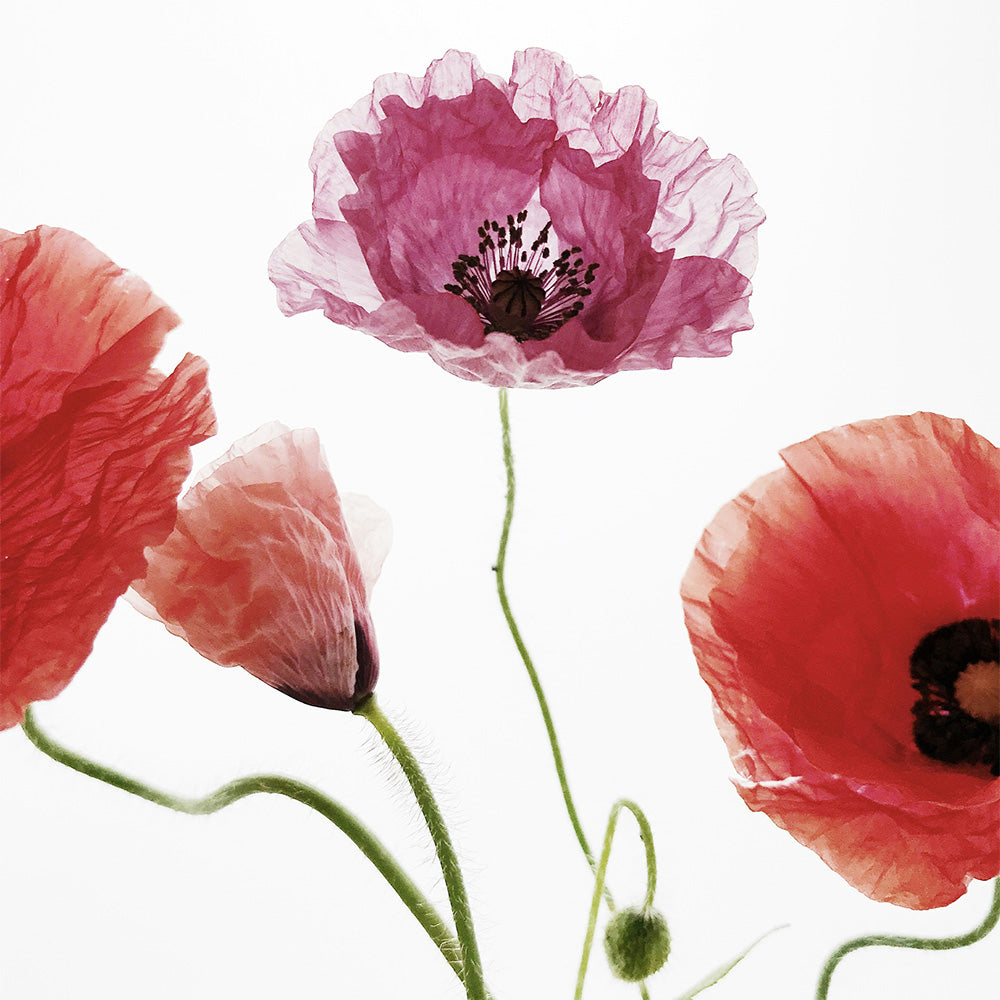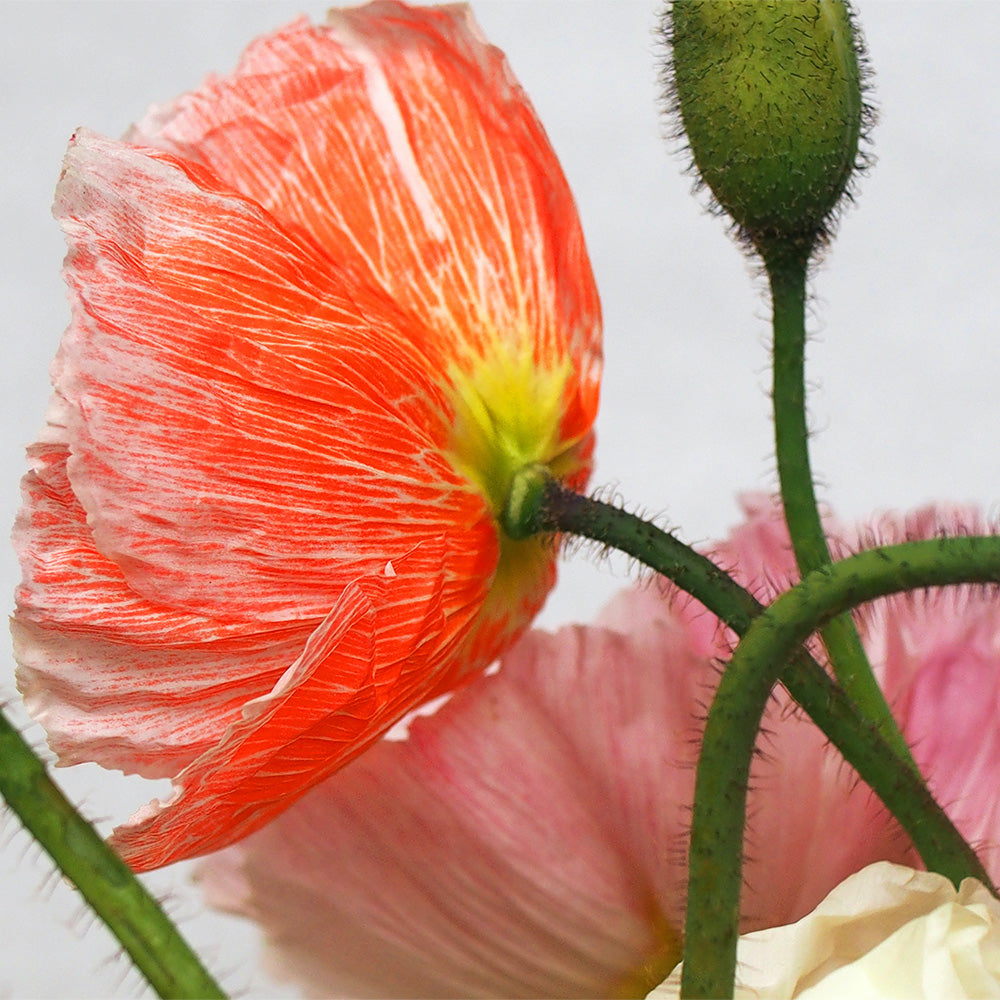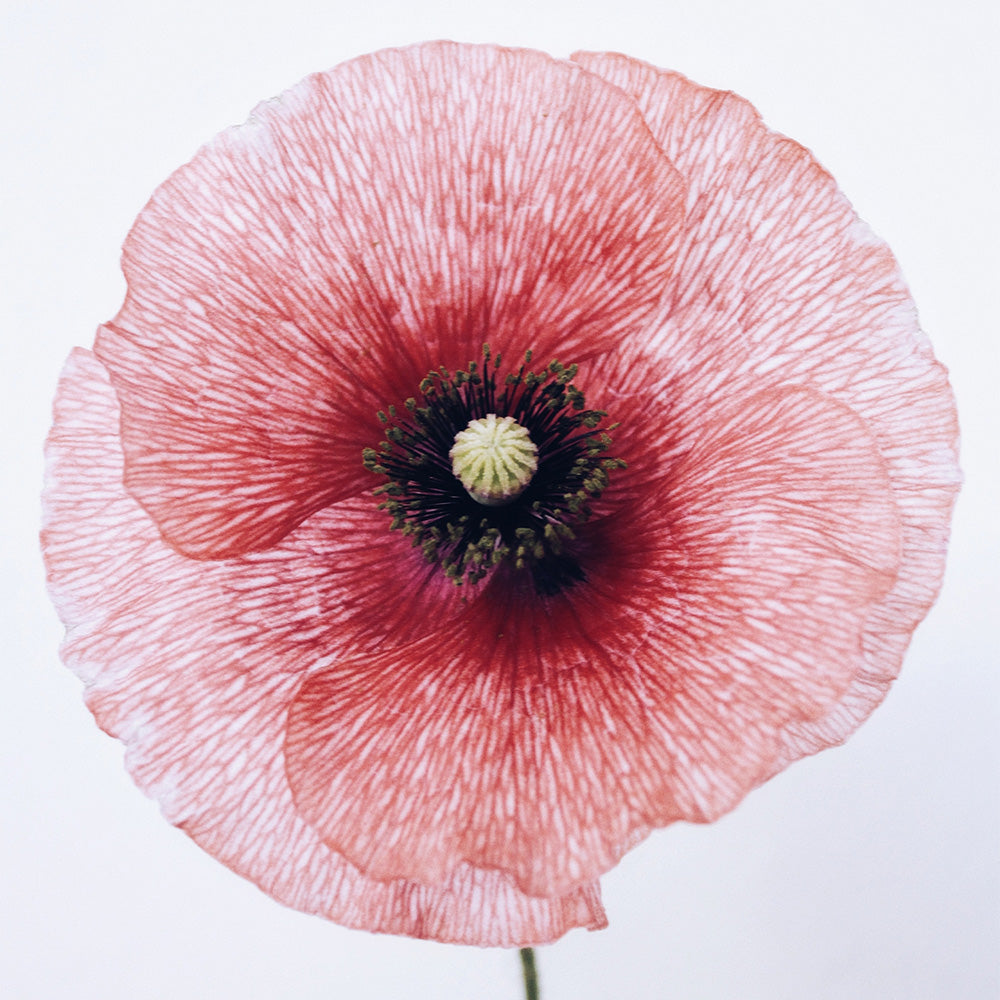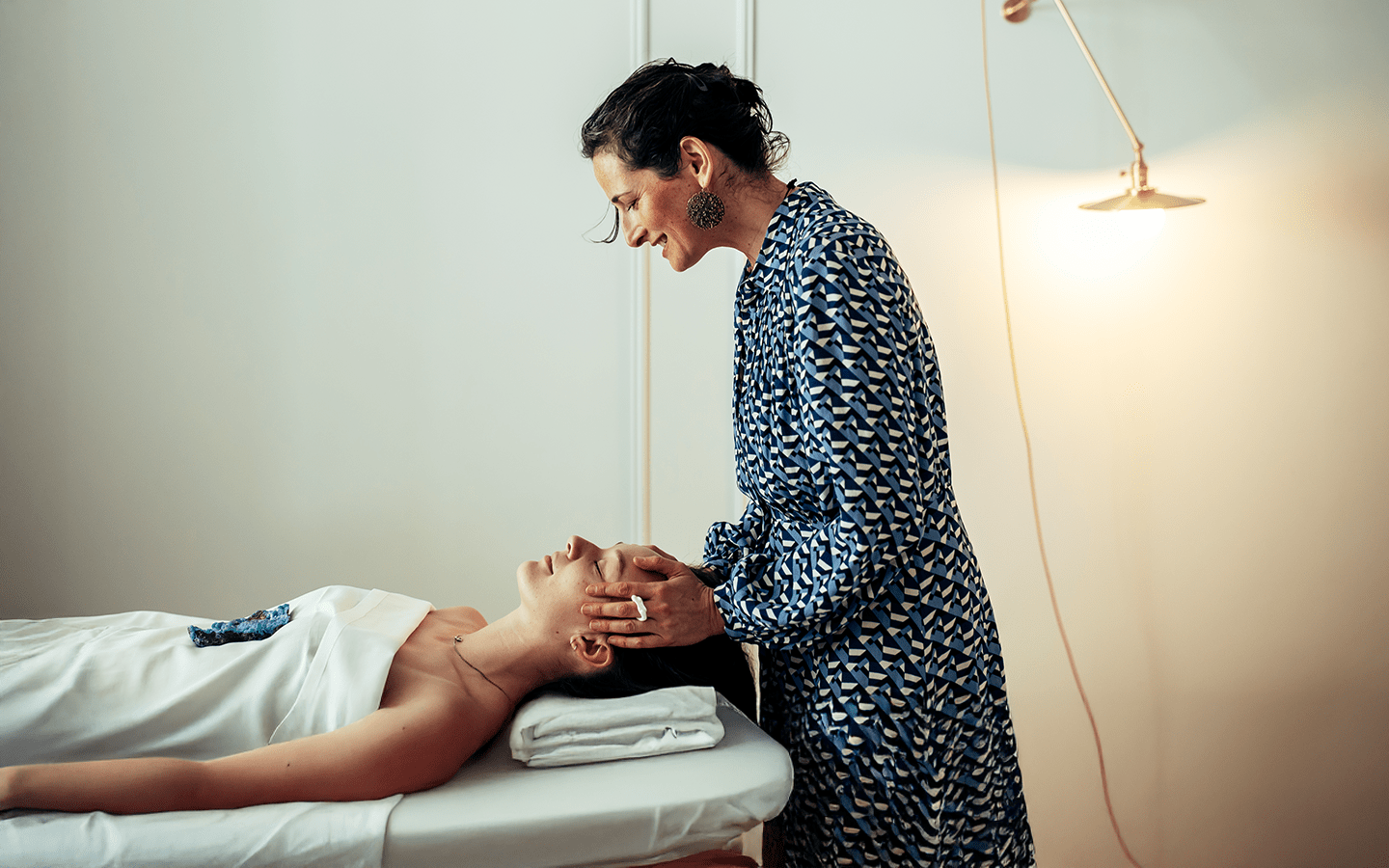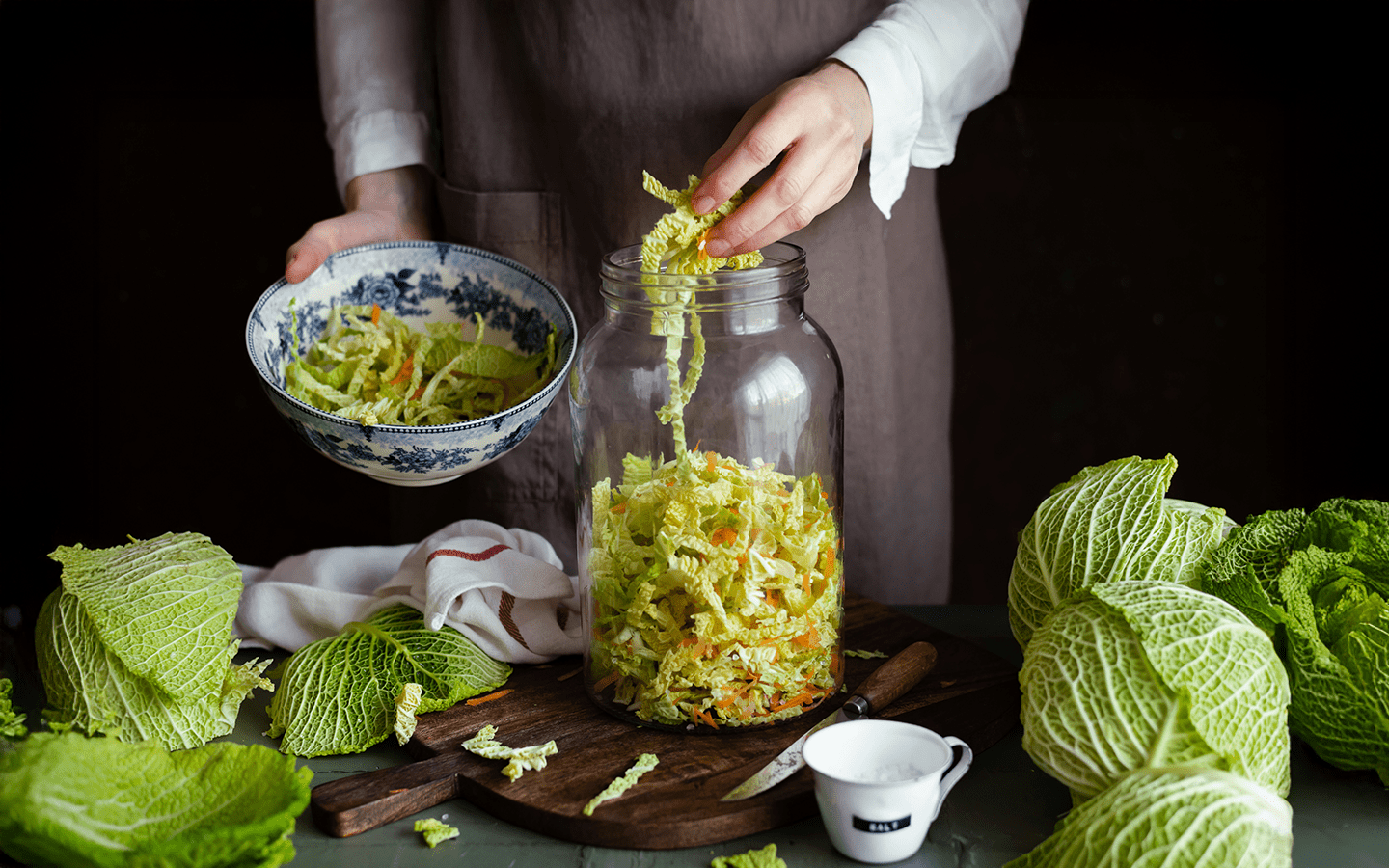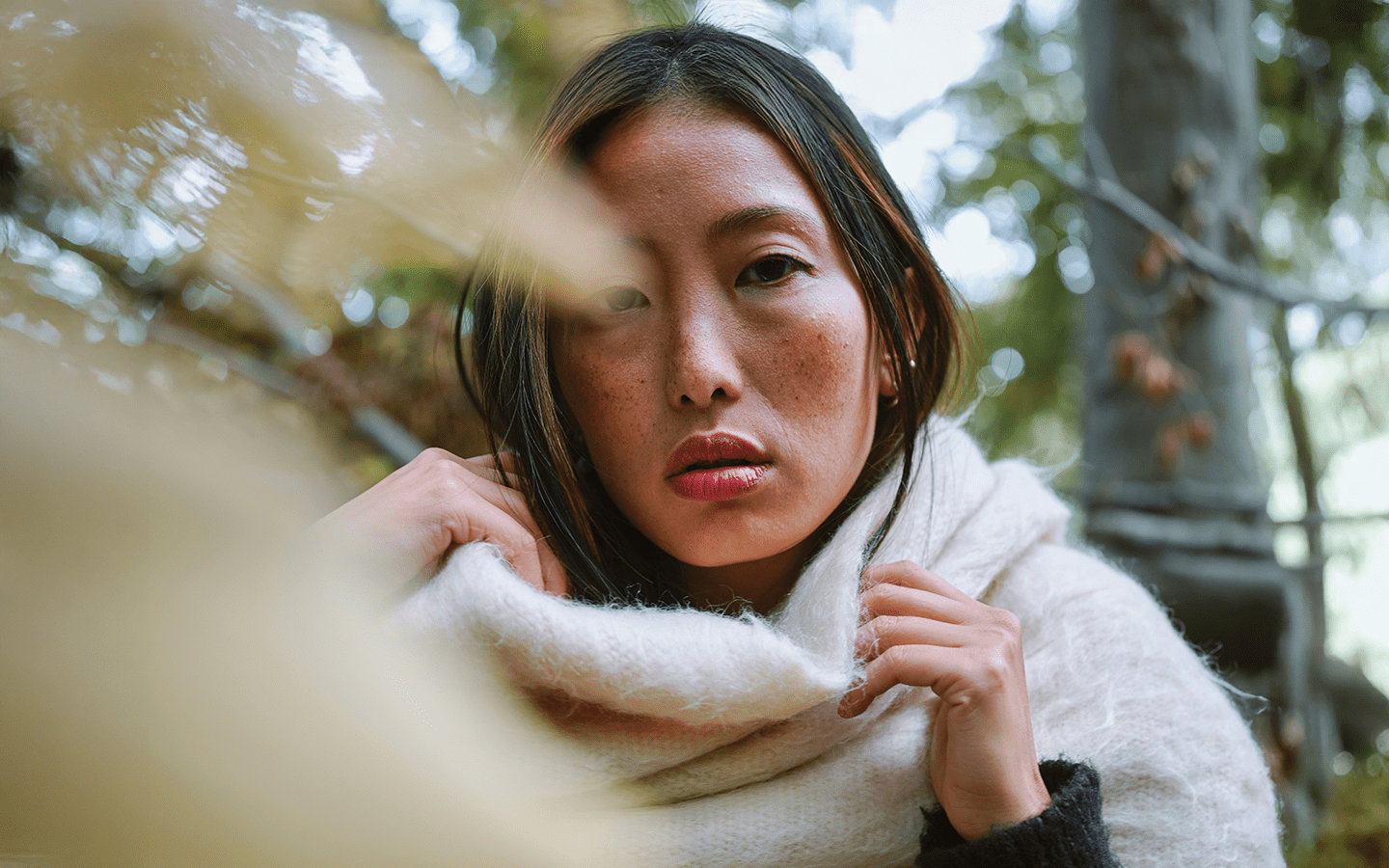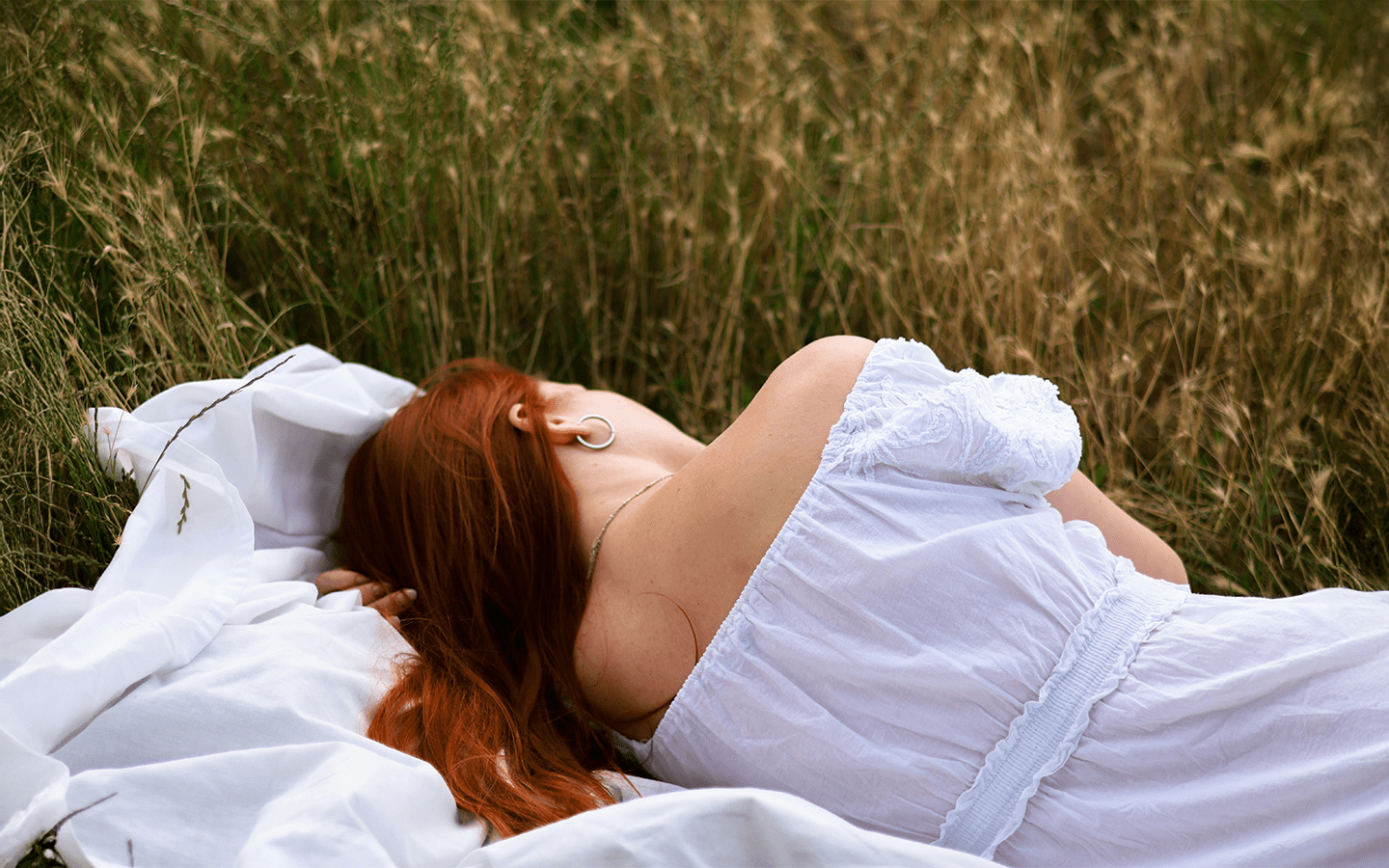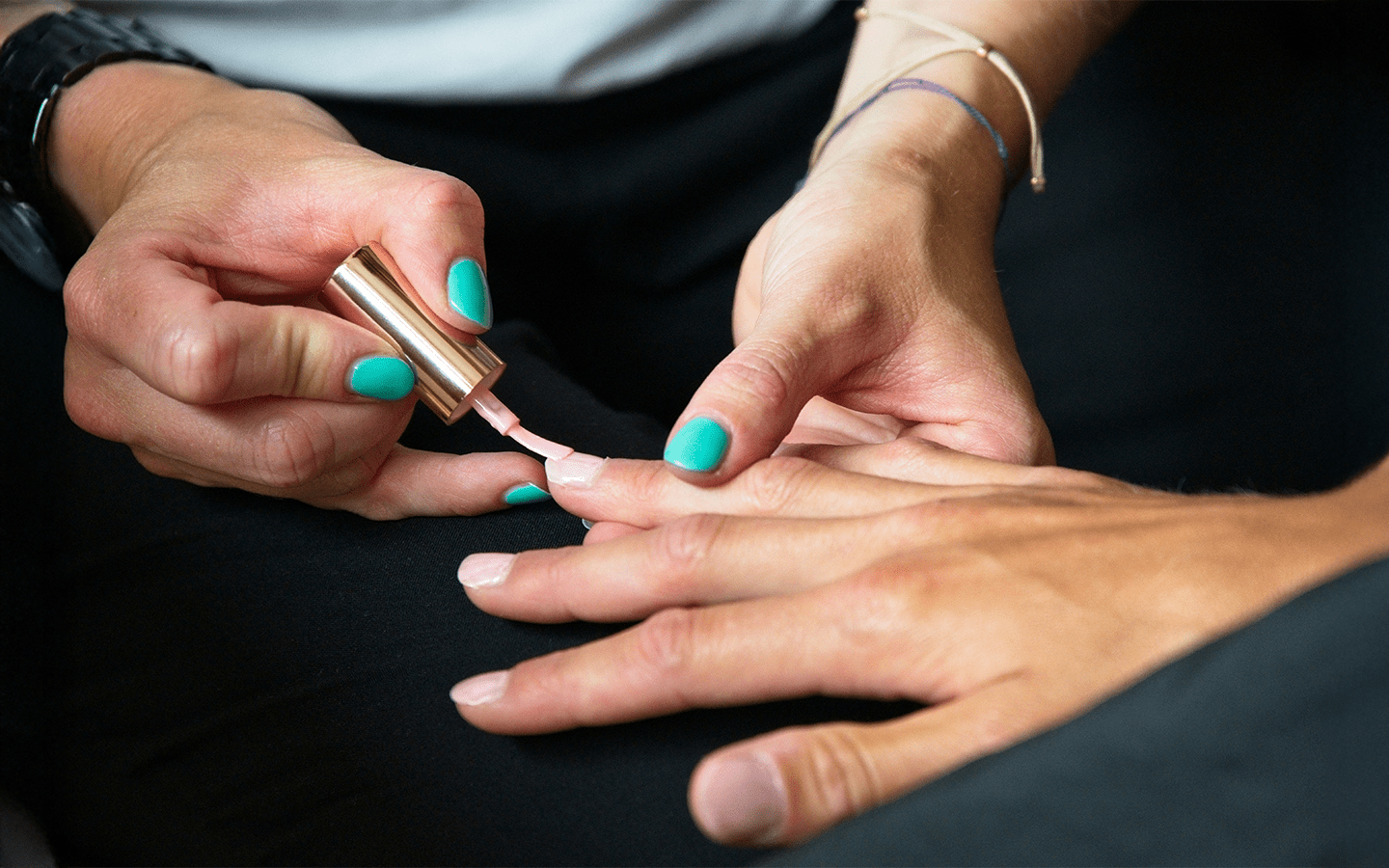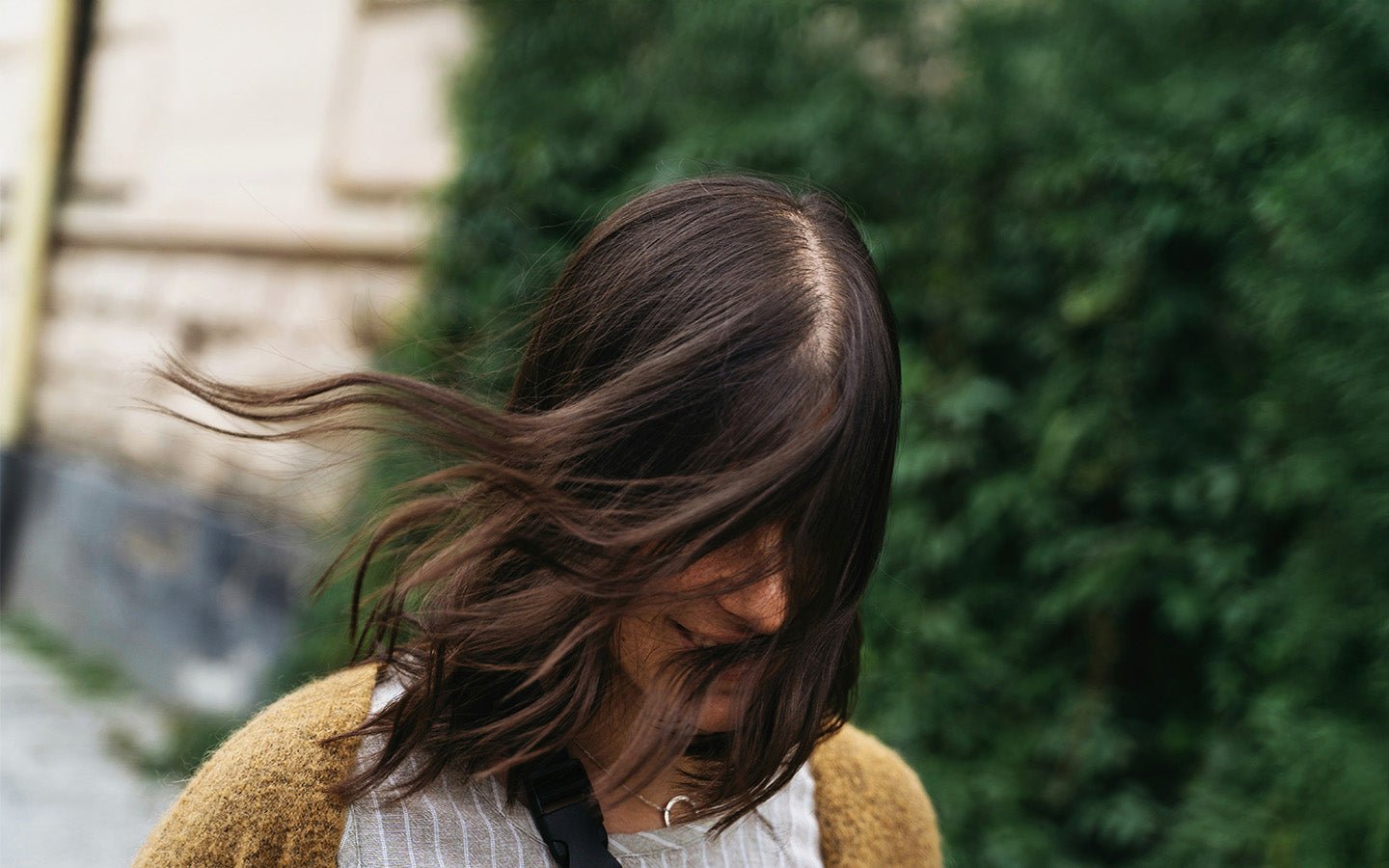
Acupuncture and Hair Loss: A Holistic Approach to Midlife Thinning
It's a moment many women dread - noticing more hair in your brush or watching your once-thick ponytail become increasingly sparse. If you're experiencing hair loss during midlife, you're not alone. Nearly 50% of women face this challenging issue, and while it can feel devastating, there are natural, holistic approaches that can help.
Understanding Midlife Hair Loss
Hair loss during midlife often stems from a complex interplay of hormonal changes, nutritional deficiencies, and lifestyle factors. While conventional treatments are available, many women are seeking natural alternatives that address the root causes of their hair thinning.
The Role of Traditional Chinese Medicine (TCM)
In TCM, healthy hair depends on strong kidney energy and well-nourished blood. This ancient wisdom aligns with modern understanding - both perspectives recognize the importance of proper nutrition and circulation for hair health.
How Acupuncture Can Help
Acupuncture offers several benefits for those experiencing hair loss:
- Improves blood circulation to the scalp
- Reduces stress-related hormonal imbalances
- Supports overall endocrine function
- Helps regulate immune system responses that may contribute to hair loss
- Enhances nutrient delivery to hair follicles
Practical Steps to Support Hair Health
1. Protect Your Follicles
- Avoid tight hairstyles like braids or ponytails that create traction
- Use gentle hair ties that don't pull
- Minimize heat styling and harsh chemical treatments
- Choose a silk pillowcase to reduce friction
2. Optimize Your Nutrition
- Increase protein intake through lean meats, fish, eggs, and legumes
- Add dark leafy greens like spinach, kale, and collards for iron
- Include healthy fats from avocados, nuts, and olive oil
- Ensure adequate vitamin D3 levels (consider supplementation with healthcare provider approval)
3. Address Iron Levels
- Particularly important for women with historically heavy periods
- Consider iron-rich foods like:
- Red meat
- Lentils and beans
- Dried fruits
- Molasses
- Get iron levels tested regularly
- Pair iron-rich foods with vitamin C for better absorption
4. Essential Supplements
- Vitamin D3: Crucial for hair follicle health
- B-complex vitamins: Support hair growth and strength
- Omega-3 fatty acids: Promote scalp health
- Biotin: Supports keratin production
Chinese Herbal Medicine Support
Chinese herbs can provide powerful support for hair health. Some beneficial herbs include:
- He Shou Wu (Fo-Ti): Traditionally used to support healthy hair growth
- Dang Gui (Angelica): Nourishes blood and supports circulation
- Goji berries: Rich in antioxidants and supports kidney energy
- White mulberry: Helps balance hormones
Lifestyle Considerations
Stress Management
Chronic stress can significantly impact hair health. Consider incorporating:
- Regular meditation or mindfulness practices
- Gentle exercise like yoga or tai chi
- Adequate sleep (7-8 hours nightly)
- Regular acupuncture sessions for stress reduction
Scalp Care
- Gentle massage to stimulate circulation
- Regular cleansing to prevent buildup
- Protection from excessive sun exposure
- Use of natural, non-irritating hair products
When to Seek Professional Help
While these holistic approaches can be very effective, it's important to:
- Get a proper diagnosis from a healthcare provider
- Rule out underlying medical conditions
- Have regular blood work to check nutrient levels
- Work with a qualified acupuncturist who understands hair loss
The Path Forward
Remember that addressing hair loss takes time and patience. A holistic approach that combines acupuncture, proper nutrition, stress management, and gentle hair care practices often yields the best results. While you may not see immediate changes, consistent care and attention to these areas can help support healthier hair growth and maintenance.
Working with both a qualified acupuncturist and your healthcare provider can help you develop a comprehensive plan that addresses your specific needs and concerns. With the right support and approach, you can take positive steps toward healthier hair and overall well-being.
Most importantly, be gentle with yourself during this journey. Hair loss can be emotionally challenging, but you're not alone, and there are natural, effective ways to support your hair health during this transition.
